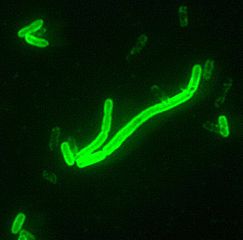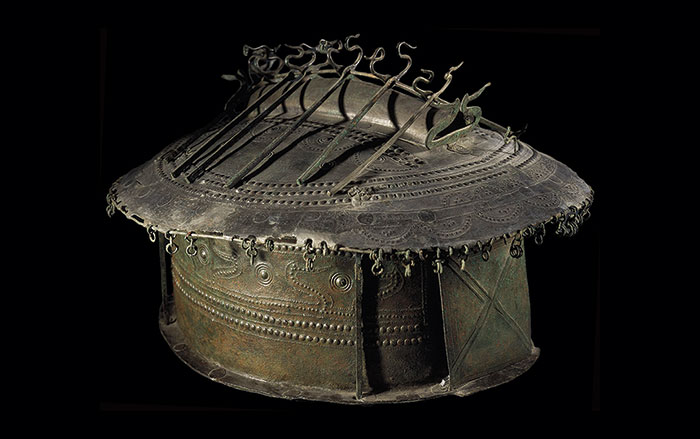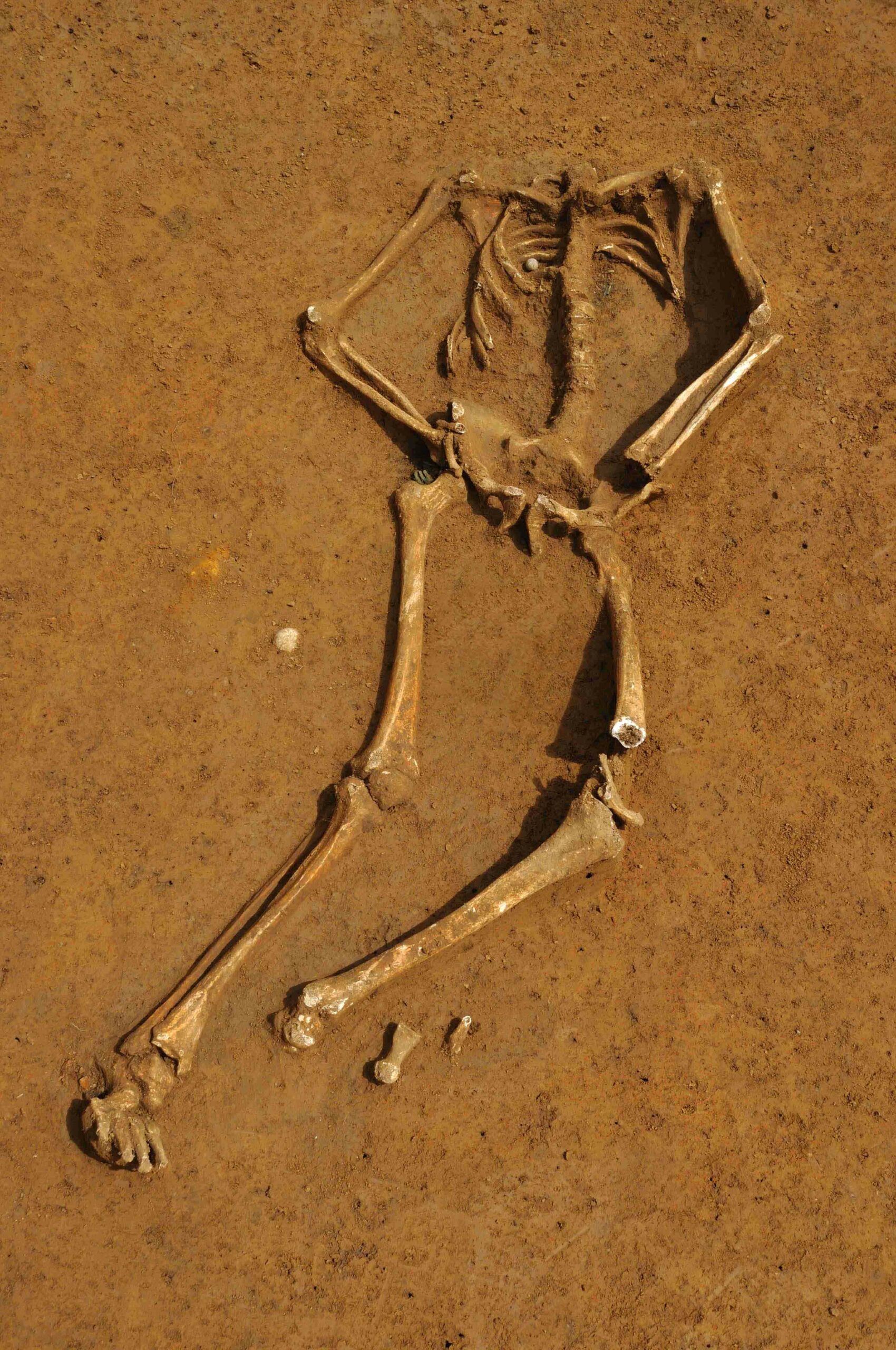
BAVARIA, GERMANY—The bacterium Yersinia pestis, which caused the disease known as the Black Death in the fourteenth century, has been identified in DNA samples taken from 19 skeletons of people who died in sixth-century southern Germany. It is thought that these people were felled by the Justinianic Plague, which killed more than 100 million people between the sixth and eighth centuries. Named for the Byzantine emperor Justinian I, the plague is thought to have contributed to the decline of the Roman Empire. “It is always very exciting when we can find out the actual cause of the pestilences of the past,” said Barbara Bramanti of Johannes Gutenberg Univeristy.










